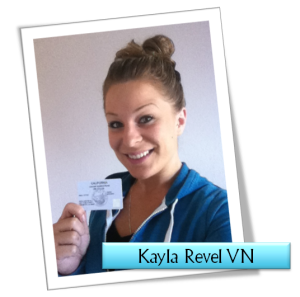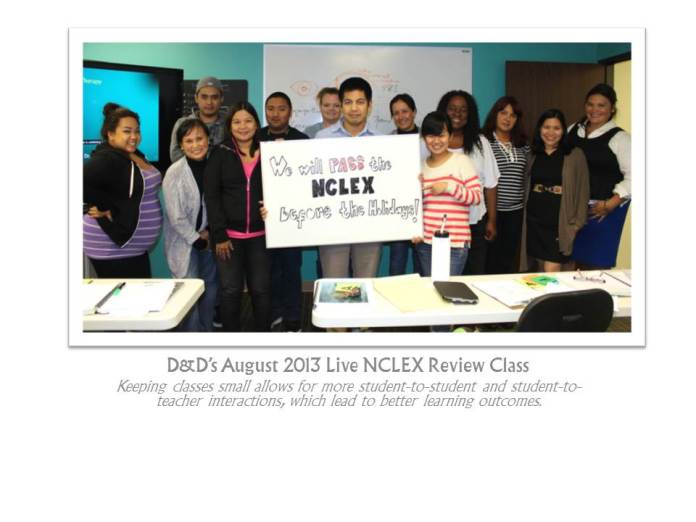
The NCLEX- associated test anxiety definitely does not end after you have taken it…until you receive your official results via expedited email/ phone message, or traditional mail, which all comes from your state board of nursing. Many have searched far and wide for ways to predict how they did on the exam to alleviate their nerves. Here are the common rumors regarding ways to predict your results, and discussions about their reliability.
1) “Pearson Vue Trick:” A name definitely not supported by Pearson, but what past candidates from years past have decided to called. Primarily, it is the process of entering the Pearson Vue website once again, like when you signed up to schedule and pay for your NCLEX. You enter your personal information and if you get a page asking you for a form of payment, then you did not pass. Make sure you do not pay until receiving the official results from your state board of nursing. The rumor continues with: if you do not get the payment page, then you must have passed.
Now, in the ten years of my career as an NCLEX Review Coach, many of my candidates have used this trick and it has definitely predicted their results 96% of the time. Of course, we always caution celebrating until the official results come in. There were a few exceptions to this data in my experience, which primarily include NCLEX candidates that did not complete the exam within the allotted 5 hours. Also, a couple of students were not able to get a result because they immediately went to the site after taking the NCLEX. Remember that depending on how well you did, some exams take a little more time to process and generate a result than others, so the best thing to do is check after 24 to 48 hours.
2) What if you did not complete the exam, during the allotted time.
One of our NCLEX candidates has experienced this and when she tried the Pearson Vue trick, it did not allow her to pay. When given the official result, she did not pass. Remember that the NCSBN has official rules about what will happen if a candidate does not complete the NCLEX within the time provided:
When a candidate runs out of time before completing the maximum number of items, the candidate will pass if their ability estimate has remained above the passing standard for the last 60 items. The candidate will fail if their ability estimate was below the passing standard for any of the last 60 items. This, however, does not mean that you have to answer the last 60 items correctly.
– NCSBN, You’ve Completed the NCLEX
3) Awareness of what level you were performing towards the end…or when the exam shut off. The number of questions you received do not determine if you passed or not. What matters is how you were performing towards the last half of your exam; were “performing above passing level,” meaning answering application and analysis level questions (typically “what would you do type of questions, like delegation, prioritization, evaluation of treatment/ intervention)? If you ended your exam, answering questions that are more like: “define this, list this, anatomy and physiology type questions,” this is typically “below passing level” type of questions; we call recall/recognition level of knowledge. This indicates a significant lack of content and is not reflective of an entry level competent nurse.
4) Pay for the quick results, which costs anywhere between $8 to 20, and is not available on all the states. See if your state qualifies here https://www.ncsbn.org/1225.htm . I say spend the money if you can; it will save you some sanity and alleviate your anxiety; otherwise, you would have to wait an average of 4 weeks to 6 weeks, depending on the health or your state board of nursing.
5) Of course, the only 100% and reliable way to determine your performance is to receive the Candidate Performance Report (CPR) from your state board of nursing. Once you receive the CPR, you can see how you performed in each of the client needs categories; this video we produced can help you understand your results better https://vimeo.com/71835584 .
In summary, can you predict your results? Sure, there are many data you can gather to help you figure out your status, but just like in nursing care, there is only one definitive diagnosis, or definitive result we can rely completely on: the official results from the Board of Nursing in your state.




 Do you find yourself reading the same paragraph of material over and over because it is not sinking in? Do you find it hard to get motivated and stick with a study plan? Do you feel overwhelmed and discouraged staring at a pile of books and resources, and you don’t know where to start? Do you find your scores not improving on the practice exams? Then you might be the perfect candidate for all the advantages a live NCLEX review class can offer.
Do you find yourself reading the same paragraph of material over and over because it is not sinking in? Do you find it hard to get motivated and stick with a study plan? Do you feel overwhelmed and discouraged staring at a pile of books and resources, and you don’t know where to start? Do you find your scores not improving on the practice exams? Then you might be the perfect candidate for all the advantages a live NCLEX review class can offer.

